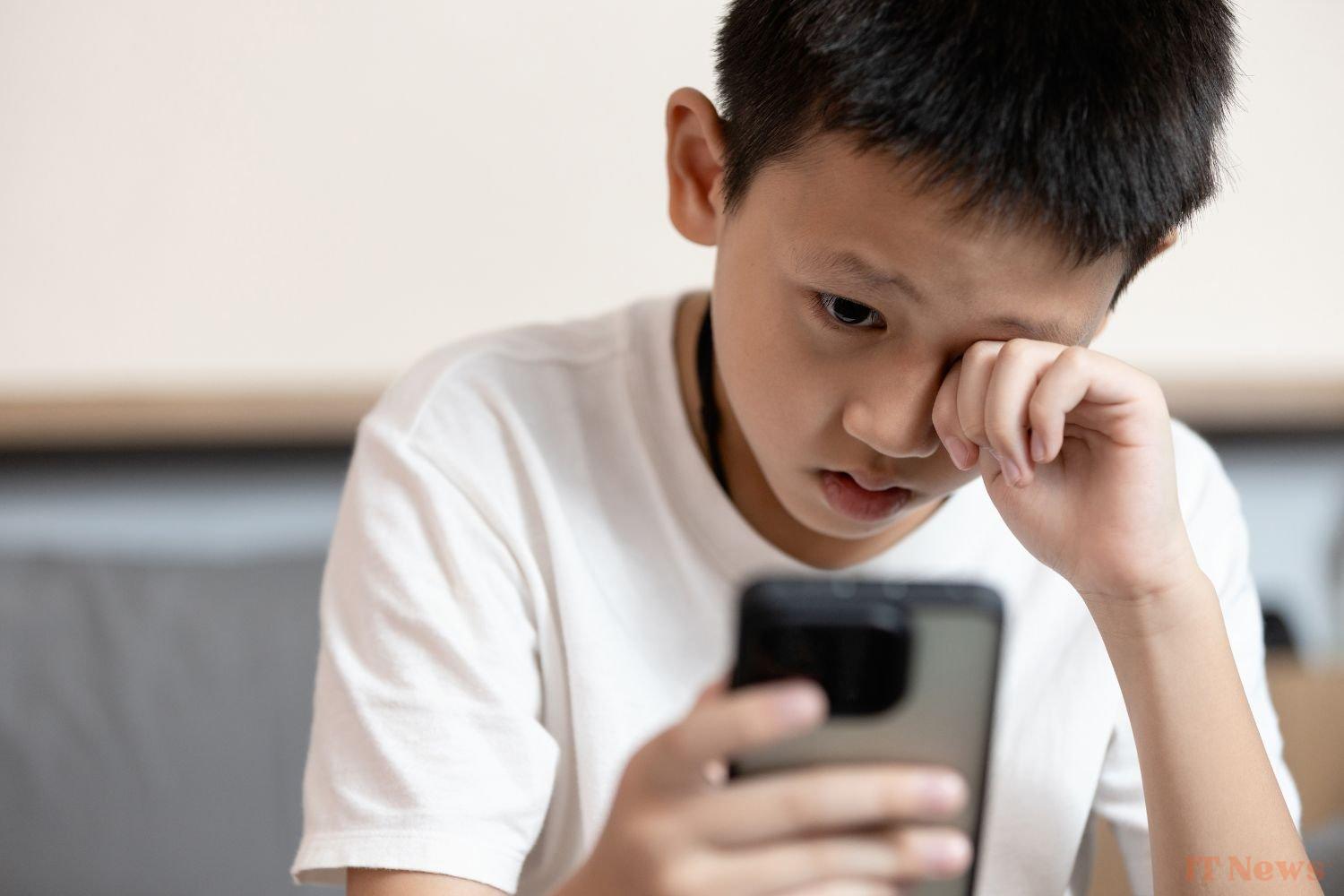Pressure is intensifying around digital platforms. Following the April 29th column co-signed by Gabriel Attal and child psychiatrist Marcel Rufo, calling for a "state of emergency against screens", Secretary of State Clara Chappaz confirmed that she is actively working to ban social media for children under 15. This measure, already supported by 73% of French people according to a survey conducted by Harris Interactive for the government, is part of a strong political desire to protect the mental health of young people, in the face of the explosion of cases of anxiety, depression and behavioral disorders linked to digital overexposure.
A law already in place... but inapplicable
In theory, France has already established a digital majority 15 years since the law of July 7, 2023. In practice, this rule remains largely theoretical: lack of effective control, easy circumvention by minors, and lack of European harmonization. According to the CNIL, two-thirds of children under 13 already have an account on a social network, often without the required parental consent. The platforms, for their part, hide behind the technical impossibility of verifying the real age of their users.
Faced with the ineffectiveness In addition to national measures, France is now campaigning for coordinated action at the European level. Clara Chappaz hopes that the Union will impose common and binding rules on platforms, similar to the age verifications already in force for pornographic sites. But the practical application of these measures remains a technical and legal challenge, particularly on the thorny issue of Internet users' privacy.
Radical proposals in perspective
The ban on children under 15 is just one of the measures advocated by Gabriel Attal and Marcel Rufo. In their article, they also suggest a "digital curfew" between 10 p.m. and 8 a.m. for 15- to 18-year-olds, a limitation to one hour of daily use, or even a tax on the platforms.
Today, 60% of under-15s consult photo or video sharing networks daily, and 46% of 11-14 year-olds use TikTok every day. Even more worrying, 55% of 7-14 year-olds already have a telephone, according to a study by the Junior City firm relayed by our colleagues at Le Parisien. Despite the restrictions, the massive use of these platforms by young people makes any ban difficult to implement without joint mobilization of families, schools and digital actors. Without effective control, European harmonization, or educational support, the measure risks remaining symbolic.
The fact remains that the screen problem doesn't just concern young people. Nearly half of French people admit to putting off their obligations to watch videos online.



0 Comments